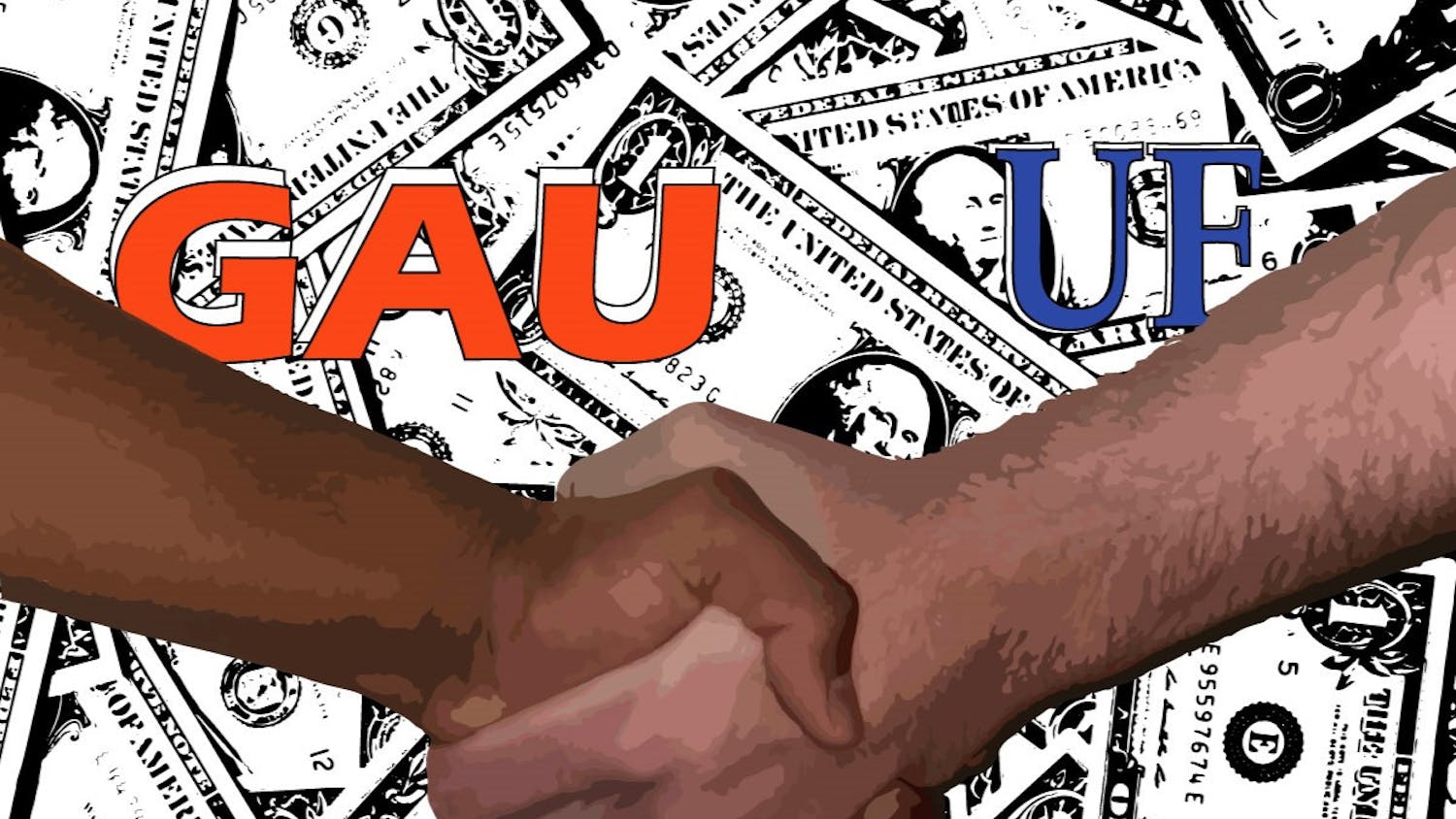It is no secret that the high levels of profitability among many large American corporations stem, in part, from their low labor costs. According to Reuters, the current federal minimum wage of $7.25 per hour is “one of the lowest minimum wages” among industrialized countries.
One of the sectors of American business that benefits most from the low minimum wage is the food-service industry. As of 2012, about half of all workers employed at or below minimum wage levels worked in the hospitality industry, particularly in restaurants and other food services.
The wages these workers earn are simply not enough to ensure they and their families have a place to live, enough food on the table, affordable health insurance and other basic necessities.
As a result, many of these workers rely on government assistance programs, including the Supplemental Nutrition Assistance Program — SNAP, also known as food stamps — to make ends meet.
There is abundant evidence the large corporations that pay these minimum wages are well aware their employees are struggling to survive. Labor activists recently recorded a phone call between a McDonald’s employee earning minimum wage and a representative of “McResources,” the company’s human resources division.
The McResources staffer instructed the minimum wage worker on how to apply for various forms of public assistance, including SNAP and Medicaid, the state-based, government-funded health insurance program for the poor.
In effect, this McResources worker was acknowledging that the immense profitability of McDonald’s and other corporations depends in part on subsidies provided to its minimum-wage workers by the federal government.
McDonald’s does not pay its workers enough for them to make ends meet, so the government must step in and make up the difference.
McDonald’s is not the only company that relies on federal assistance to help keep its employees out of abject poverty. According to some estimates, as much as 80 percent of Wal-Mart’s employees receive food stamps.
This corporate subsidy allows large corporations to get away with paying their workers much less than they need to survive. This system also undermines our free-market economy by forcing the government to fill the gap between the wages corporations pay and the salaries their workers require.
Until 2012, McDonald’s was a corporate member of the American Legislative Exchange Council. ALEC is an organization composed of state and federal legislators, corporate lobbyists and other influential figures of politics and business. The group advocates for conservative and pro-business legislation at all levels of government, including legislation that would repeal or scale back minimum wage laws across the United States. ALEC has also supported measures that would eviscerate various parts of the already-fraying American social safety net, including Medicaid and SNAP.
McDonald’s ended its ALEC membership in 2012 as a result of pressure from progressive advocacy group Color of Change and extensive media coverage of the company’s relationship with ALEC. However, ALEC continues to enjoy the support of dozens of other large corporations, including AT&T, Pfizer and Shell Oil Company.
Business lobbying groups like ALEC and the U.S. Chamber of Commerce almost universally oppose increasing the minimum wage. They argue a higher minimum wage would put an undue burden on both small and large businesses.
However, the minimum-wage workforce is almost entirely employed by large, extremely wealthy corporations like McDonald’s and Wal-Mart. These companies can undoubtedly afford to pay their minimum wage workers a few more dollars per hour and still maintain a high level of profitability.
McDonald’s and other large corporations should pay their employees wages that ensure all their workers are able to lead healthy and comfortable lives without relying on the support of the federal government. Opposing increases in the minimum wage while relying on the federal government to make up the difference is both hypocritical and harmful to millions of working Americans. The social safety net should be designed to assist those unable to provide for themselves, not as a means for large corporations to increase their profits.
Elliot Levy is a UF public relations and political science junior. His column runs on Wednesdays. A version of this column ran on page 7 on 10/30/2013 under the headline "McDonald’s relies on government to subsidize its workers"





